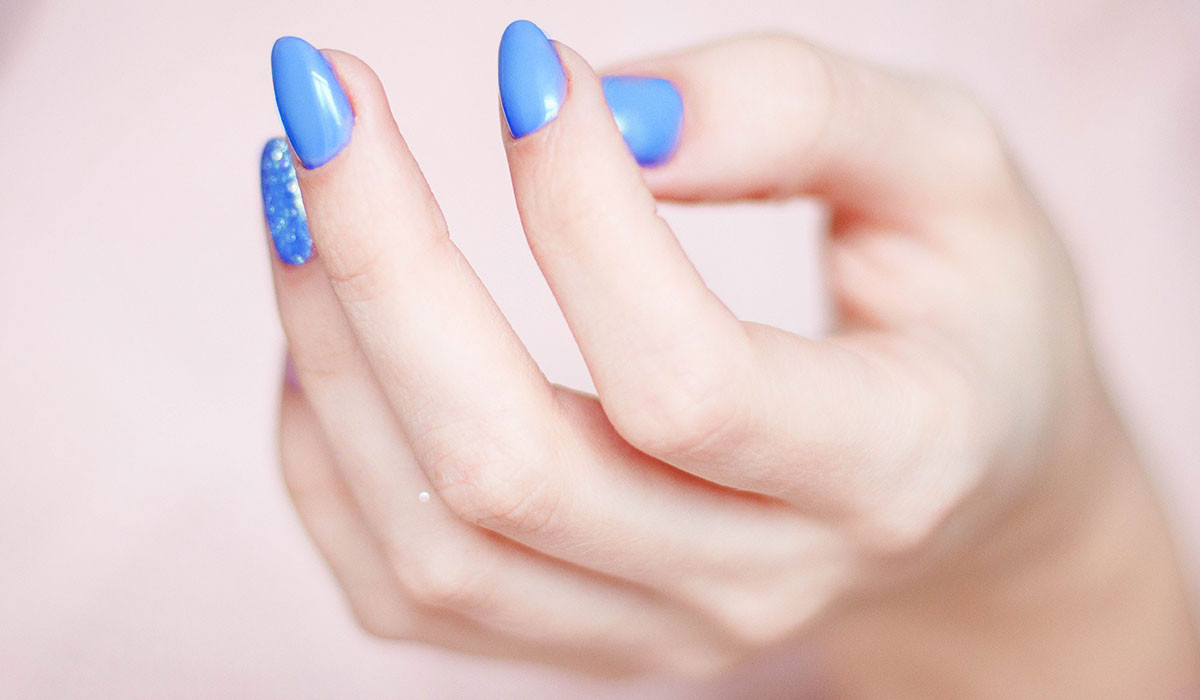It’s amazing how something so basic can be so mysterious. Of course, we’re talking about fingernails. We were all born with them, we have them with us for every second of every day, we clip them, we have fun polishing them, and yet most of the general population doesn’t actually know what they are.
What are Fingernails, Really?
Do you really, truly know what fingernails are? Are they bones? Ligaments? Tissue? Really thick skin? Are you using them to scratch your head right now?
If you said tissue, you’re on the right track. Fingernails are made of keratin, a protein that forms the cells that make up the tissue in nails. Nails form under your skin and push old cells through as they start to grow. The nails you see, therefore, are essentially dead cells. While the visible part of your nails have no feeling, the inner part of your nails under your skin do. That’s why you can feel pressure near your cuticles but feel nothing when you clip your nails.
Your cuticles are there, by the way, to protect the growth of the cells and prevent infection. Most nail technicians remove them during a manicure for cosmetic purposes. While that’s relatively harmless, it means the cuticles won’t be as effective at their job of protecting your nails and fingers from fungus and other infections.
Can You Completely Lose a Fingernail?
You often hear people talking about “losing a fingernail,” but is that really possible? The answer is yes and no.
You can completely lose the dead cells, the visible part of your nail. But truly, the heart of your nail is under your skin in what is called the matrix or nail root, and you generally won’t lose that. You can, however, damage the matrix, resulting in deformation of the fingernail as it grows back.
How Long Does it Take for Fingernails to Grow Back after an Injury?
If the visible part of your fingernails becomes detached due to an injury, the nail will grow back on its own. But it will require some patience on your part. For the average adult, fingernails grow about 1/10 of an inch a month. That means it can take up to six months for your fingernail to grow back to its full size.
But if you’ve recently lost a fingernail, look at the bright side: At least it wasn’t a toenail. Toenails grow back three to four times slower than fingernails, so it could take up to 1 1/2 years for a toenail to grow back completely.
Nutrients for Healthy Fingernails
Vitamins that are believed to be beneficial for nails include:
- Biotin, naturally found in foods including liver, nuts, salmon, avocados, sweet potatoes, and cauliflower.
- Folic Acid/Vitamin B9, naturally found in foods including leafy green vegetables, citrus fruits, beans, cereals, and rice.
- Vitamin D, naturally found in dairy products, fatty fish, and eggs.
- Vitamin B12, naturally found in organ meats, beef, clams, sardines, tuna, trout, salmon, eggs, and dairy products.
- Iron, naturally found in shellfish, spinach, legumes, red meat, pumpkin seeds, quinoa, turkey, broccoli, tofu, and dark chocolate.
- Magnesium, naturally found in bananas, dark chocolate, avocados, nuts, legumes, tofu, seeds, whole grains, some fatty fish, and leafy greens.
- Vitamin C, naturally found in abundance in kakadu plums, as well as cherries, chili peppers, guava, persimmons, thyme, kiwi, and kale.
- Zinc, naturally found in meat, shellfish, legumes, seeds, nuts, eggs, some vegetables, and dark chocolate.
Other Interesting Facts about Fingernails
- Children’s and teenager’s fingernails grow faster than that of adults.
- Fingernails grow faster in the summer than in the winter. It’s unclear why this is so, but it’s possibly related to the additional absorption of Vitamin D into your body as a result of more time out in the sun.
- Your hair is made out of the same substance.
- Men’s nails tend to grow faster than women’s nails.
One More Thing We Have to Say
While all of the above refers to relatively minor fingernail injuries and basic fingernail regrowth, some situations could be more serious and require immediate care. If you have a serious injury, acting quickly can prevent permanent damage to your nail bed or fingers. For assistance, visit an urgent care facility or make an appointment to see Dr. Arora in Howell, West Bloomfield, Warren, or Macomb Township.













